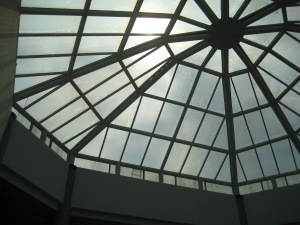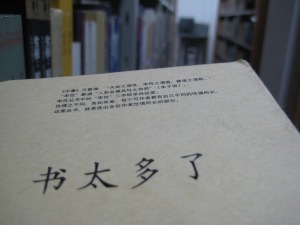In this themed cluster of PRISM: Theory and Modern Chinese Literature, we encounter wandering flats, ghostly spaces, and nostalgic fantasies that foster an interpretation of space and time as fundamentally entangled in the city.
My intro is available OA: https://read.dukeupress.edu/prism/article/19/1/1/304107/IntroductionChronotopia-Urban-Space-and-Time-in and the whole grand spacetime shebang goes like this:
(Introduction) Chronotopia: Urban Space and Time in Twenty-First-Century Sinophone Film and Fiction by Astrid Møller-Olsen
Ghostly Chronotopes: Spectral Cityscapes in Post-2000 Chinese Literature by Winnie L. M. Yee
Spatiotemporal Explorations: Narrating Social Inequalities in Contemporary Chinese Science Fiction by Frederike Schneider-Vielsäcker
Reconfiguring the Chronotope: Spatiotemporal Representations and Cultural Imaginations of Beijing in Mr. Six by Xuesong Shao and Sheldon Lu
Take the Elevator to Tomorrow: Mobile Space and Lingering Time in Contemporary Urban Fiction by Astrid Møller-Olsen


